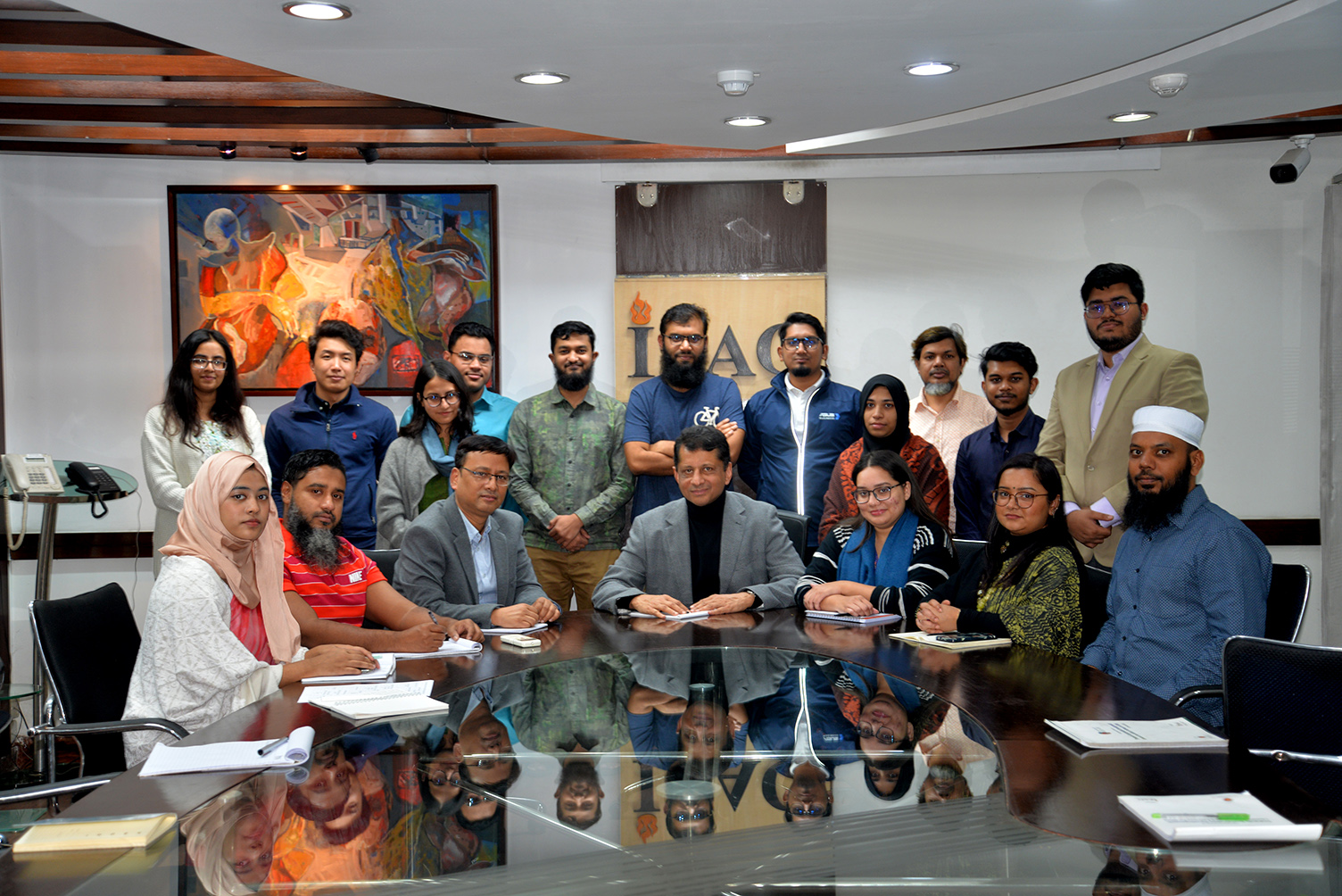


The Institute for Policy, Advocacy, and Governance (IPAG) is an independent, international think tank currently with a presence in five continents – South Asia (Bangladesh & India), Asia-Pacific (Australia), Europe (Austria), Middle East & North Africa (MENA, UAE) and Africa (Mauritius). IPAG’s core areas of work include; (i) SDGs, Economy, Trade & Investment (ii) Climate Change & Environment (iii) Energy Transition & Renewables (iv) Digital, Cyber & Technology (v) International Relations & Strategic Affairs.
As a non-partisan, independent and international think tank, IPAG is committed to advancing broader understanding of critical issues affecting the world at large as well as nations and regions having a stake on those issues. IPAG takes a holistic approach towards adoption of policies and programs by facilitating an interactive and consultative process for the stakeholders so that the engagement is open, transparent, and participative.


